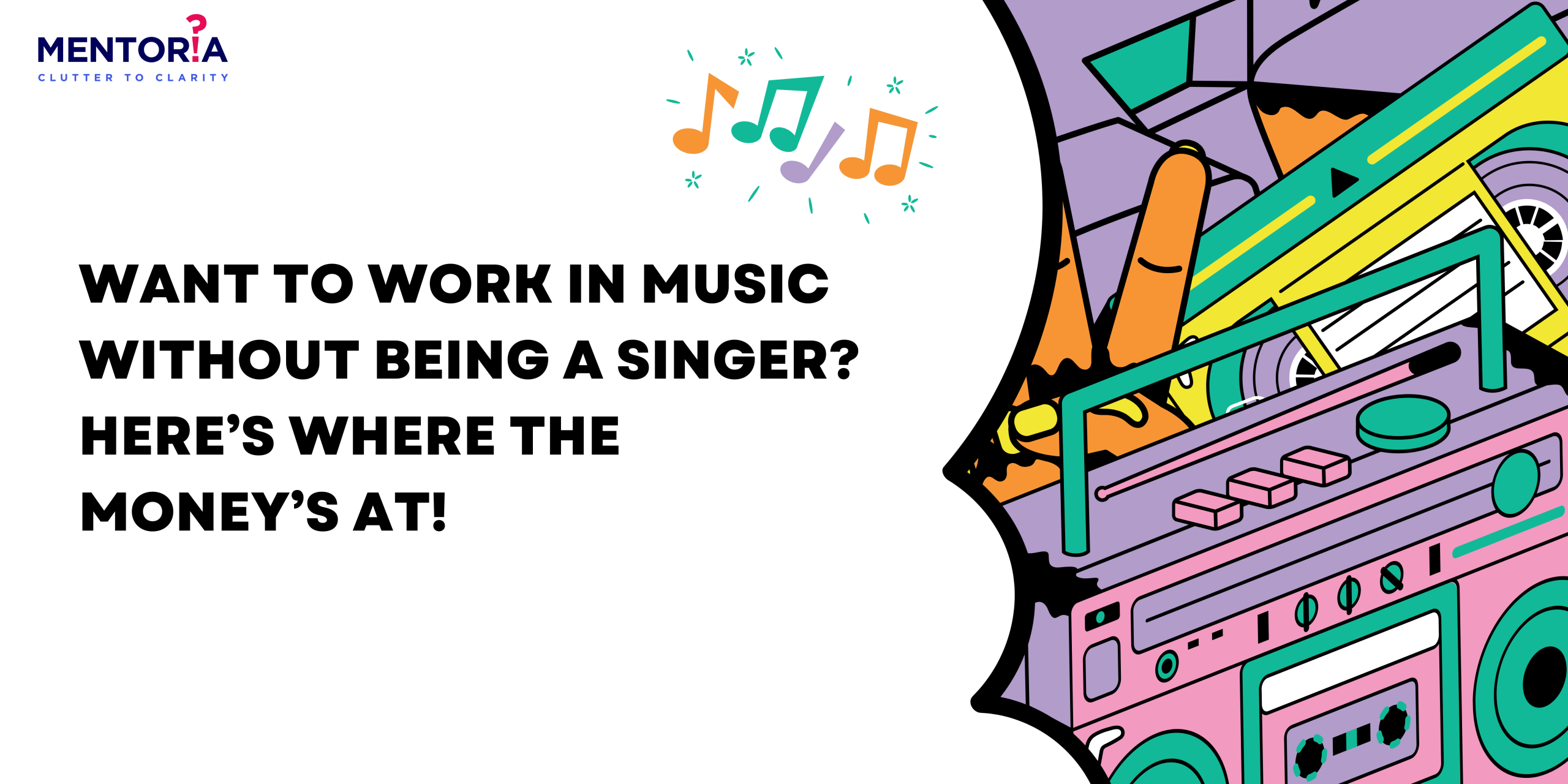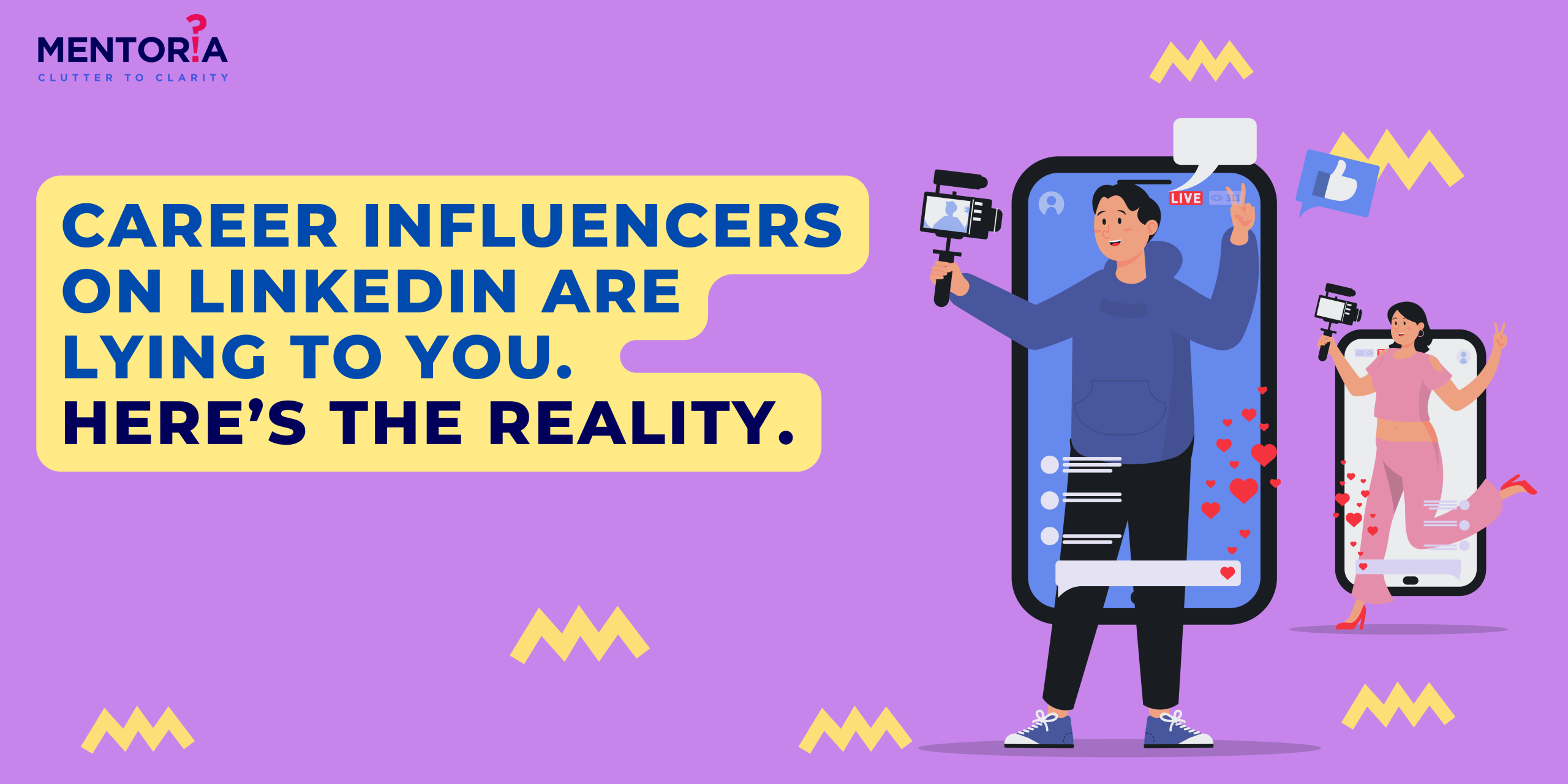Will Artificial Intelligence Take Over the World of Psychology?

What is Automation Capable Of?
Experts argue that while a machine can take on several human jobs, it can’t replace the human mind and, therefore, can’t function in roles that involve complex human interactions. While technology can take on tasks that follow a set structure or pattern and do it better and faster than humans, there are some jobs where technology won’t be able to do so well. Think of it as the kid from class who scored really well in every subject but was terrible at sports.
Be future-ready with Mentoria. Our holistic career assessment test helps you discover your unique strengths and our counsellors provide step-by-step guidance for your future career path.
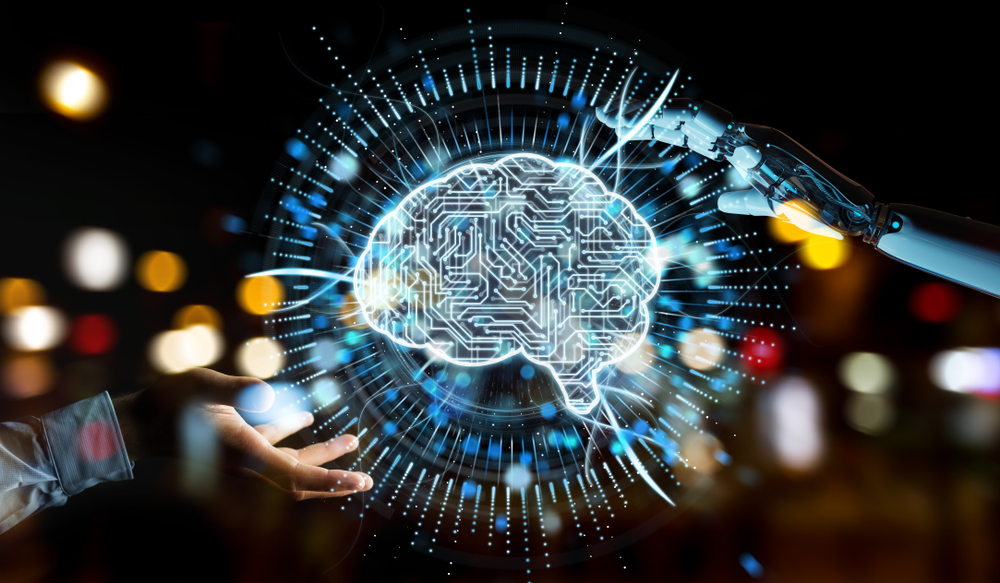
But What is Automation?
To put it simply, automation is a technology that automates processes involved in the manufacture and delivery of various commodities and services. Ever seen how vending machines give you tea, coffee or snacks just by the touch of a button? That’s the result of automation. There was a time when you had to call a restaurant to place an order and have it delivered to your house, where you made the payment in cash. Now, all you have to do is go to the right app, place your order, pay at the touch of a few more buttons and have it delivered to your doorstep without any human interaction. That, again, is automation.
The Need for Psychology in the Big Bad World of Automation
If there’s one thing humankind has consistently resisted since the beginning of time, it is change. Uncertainty about the future can make even the best of us uneasy. As automation prepares to take over millions of jobs, several people are likely to feel threatened by this new change, leading to a lot of stress due to the fear of unemployment.
With the increased use of AI technologies in social media applications, the average digital media usage is also increasing drastically (eMarketer, 2017). Studies have shown that people who spend a lot of time alone using technology lack communication skills, self-awareness and emotional intelligence (Schofield, 2009). The digital lifestyle has also made it difficult for us to stay focused, with the average human attention span going from 12 seconds to 8 seconds (Microsoft Attention Spans, 2015).
High-speed internet access is making us lose up to 25 minutes of sleep per night compared to those without high-speed internet (Billari et al., 2018). If you didn’t know this already, sleep deprivation makes us even more susceptible to mental health issues, such as stress and anxiety. This alarming rise of mental illnesses has led to an increase in the need for psychologists and psychiatrists.

What about Automation in Psychology?
Therapy requires a human connection. It is the innate nature of the job. It takes a human to understand the unpredictable emotions coursing through another human mind. Only we can spot signs of distress and interpret what someone says versus what they actually mean. Automation works on logic and consistent patterns, while the human mind is highly irrational, unpredictable and difficult to comprehend by technology.
Psychologists and psychiatrists are used to dealing with dozens of unique situations on a daily basis. Most psychologists are genuinely empathic people who extend their empathy to every client without prejudice and judgement. An efficient psychologist has the ability to gauge a client well and respond with a solution best suited to the client’s personality. While AI may be able to gauge emotions such as anger or sadness; men and women of different ages, different personalities and different contexts might need different, tailor-made approaches to therapy, which artificial intelligence or automation may not be able to provide. When a situation demands one to act in a way different from the usual, machines may not be as efficient as humans in altering their responses depending on the changing situations.
We understand the value of human connection, and our highly trained counsellors are equipped to help you navigate through crossroads in your career. Mentoria promises to handhold you during your career discovery journey - from the time you sign up until you get into a career you love.
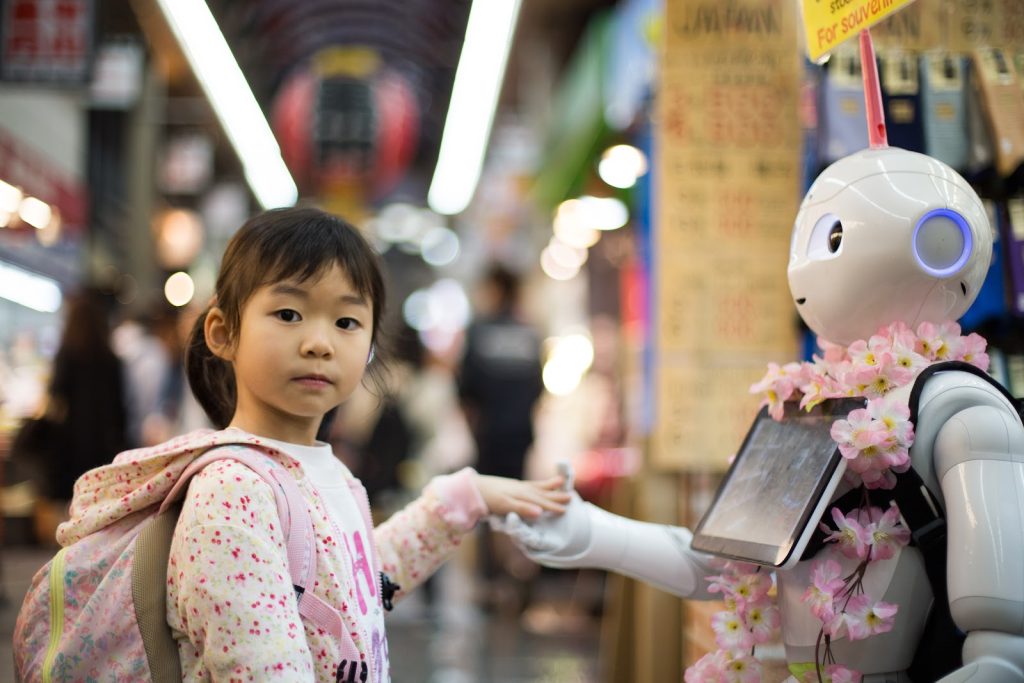
With the rapid evolution of technology, artificial intelligence is learning from patterns but still fails to adapt to the human mind the way a counsellor would. For example, in less than a day after Microsoft’s artificial intelligence bot ‘Tay.ai’ joined Twitter, it was taken down for making sexual and racial comments (2016). This ‘learned’ racism was also demonstrated in a study wherein 34% more errors were made with dark-skinned females than light-skinned males, in deciding their gender (2018).
As we know, artificial intelligence follows an algorithmic and rational approach to problem-solving. Artificial intelligence may not be able to help a person experiencing great emotional discomfort feel at peace since human emotions are directed by unexplainable feelings. Emotionally intelligent machines and devices are using behavioural techniques to address mental health concerns; for example, there’s an artificial intelligence called Karim that’s helping Syrian refugees overcome trauma. Such devices can provide guidance and be useful in areas with a lack of mental health provision, but they cannot address ethical issues or sensitive cases such as suicidal ideations. Additionally, mimicking the human touch in a therapy session by a robot seems like a long shot, despite the current developments.
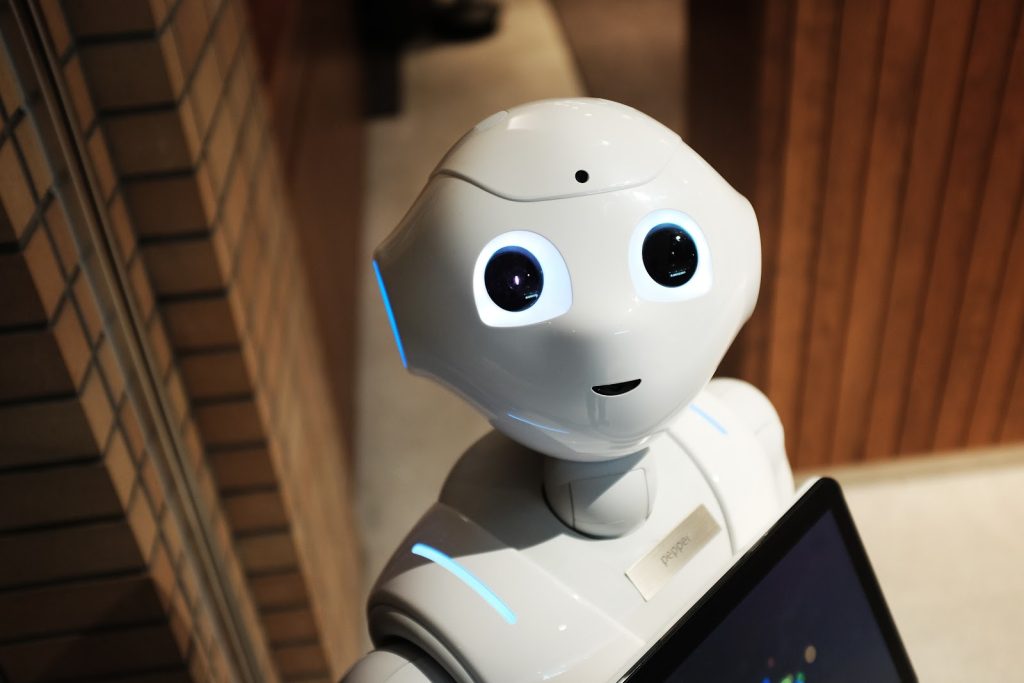
What Does the Future Hold?
It is true that technology is making our lives easy and even replacing human skills in certain areas, but it still has a long way to go in understanding and resolving complex human emotions. It still takes one human mind to understand another, and technology needs to be able to find a ‘method to the madness’ to be able to comprehend the irrational and unpredictable workings of the human mind.
Sign up for Mentoria to discover the right career fit for you- India’s most reliable psychometric assessment
One-on-one session with career counsellors
Lifetime access to knowledge getaway & webinars




